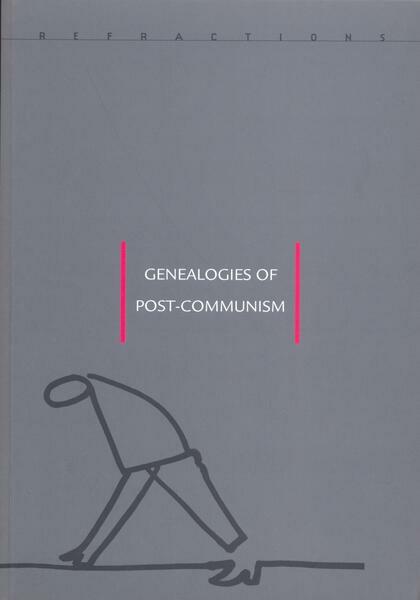Genealogies of Post-Communism (ISBN: 9789737913791)
Genealogies of Post-Communism (ISBN: 9789737913791)
Prețurile și informațiile de pe paginile noastre sunt furnizate de magazinele partenere și au caracter informativ, unele erori pot apărea. Imaginile produselor au caracter informativ, uneori pot include niște accesorii care nu sunt mereu incluse în pachetul de baza. Informațiile aferente produsului (imagine, descriere, preț) se pot schimba fără notificare prealabilă. Compari.ro nu își asumă responsabilitate pentru eventualele greșeli.


